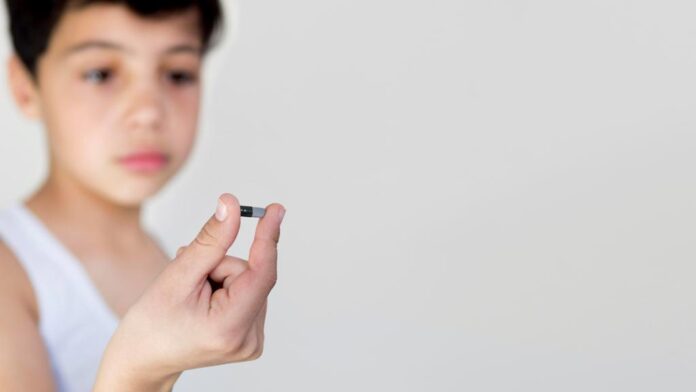Emergency Medical Services (EMS) would like to remind parents and caregivers of precautions to prevent accidental childhood poisonings around the home. Ingesting prescription or over-the-counter (OTC) medications is a significant cause of accidental childhood poisonings. Other causes of poisoning include ingesting or coming in contact with household items such as dishwasher tablets, mouthwash, or chemicals such as paints, solvents and cleaning products.
Medication storage
- Place all medications in locked containers and store in an area inaccessible to children
- For easy identification, store all medications in their original packaging; do not mix multiple medications in a single bottle
- Install child locks on all cabinets, or drawers where medications are stored
Safety tips
- Child-resistant medication bottles are not childproof. They can still be opened by a child
- Take extra precaution with medicines designed to appeal to children such as chewable vitamins or flavoured cough and cold syrups
- Promptly dispose of any medications or toxic household products no longer in use.
Prevention
- Store household products, cleaning supplies, and cosmetics in locked cabinets or drawers
- Install child latches on cabinets children might also access by climbing on counters or chairs
- Label all plants in and around your home and garden
- Antifreeze, windshield washer fluid, and pesticides are extremely poisonous. Even small amounts of these can cause serious illness if ingested
- Poisoning information can be obtained by calling the Poison and Drug Information Service (PADIS) at: 1-800-332-1414
- In case of a poisoning emergency, call 9-1-1
- Provide the name of the product ingested and, if it is safe to do so, a sample of the substance for EMS to inspect on their arrival

















